Intro
In the TV series Dexter, one of the most memorable storylines involves Dexter Morgan’s clash with the “Doomsday Killer” during the show’s sixth season. This storyline is particularly significant due to its exploration of religious fanaticism, psychological manipulation, and Dexter’s own moral dilemmas. Here’s a breakdown of the key elements surrounding Dexter and the Doomsday Killer.
The Doomsday Killer
The “Doomsday Killer” refers to Travis Marshall, played by Colin Hanks, who believes he is carrying out apocalyptic murders based on biblical events. Travis, a delusional theology professor, is manipulated by his former mentor, Professor James Gellar (played by Edward James Olmos), into believing that they are enacting God’s will by committing a series of symbolic murders that reflect the Book of Revelation.
Travis Marshall’s Split Personality
One of the major twists in this storyline is the revelation that Gellar, the older mentor who seems to guide Travis, is actually dead. Travis suffers from dissociative identity disorder (split personality), and Gellar only exists in Travis’s mind. Travis, believing Gellar is real, carries out the brutal murders thinking they are part of God’s plan to bring about the end of days. This delusion drives him to recreate apocalyptic scenes such as the “Four Horsemen” and the “Whore of Babylon” using real victims.
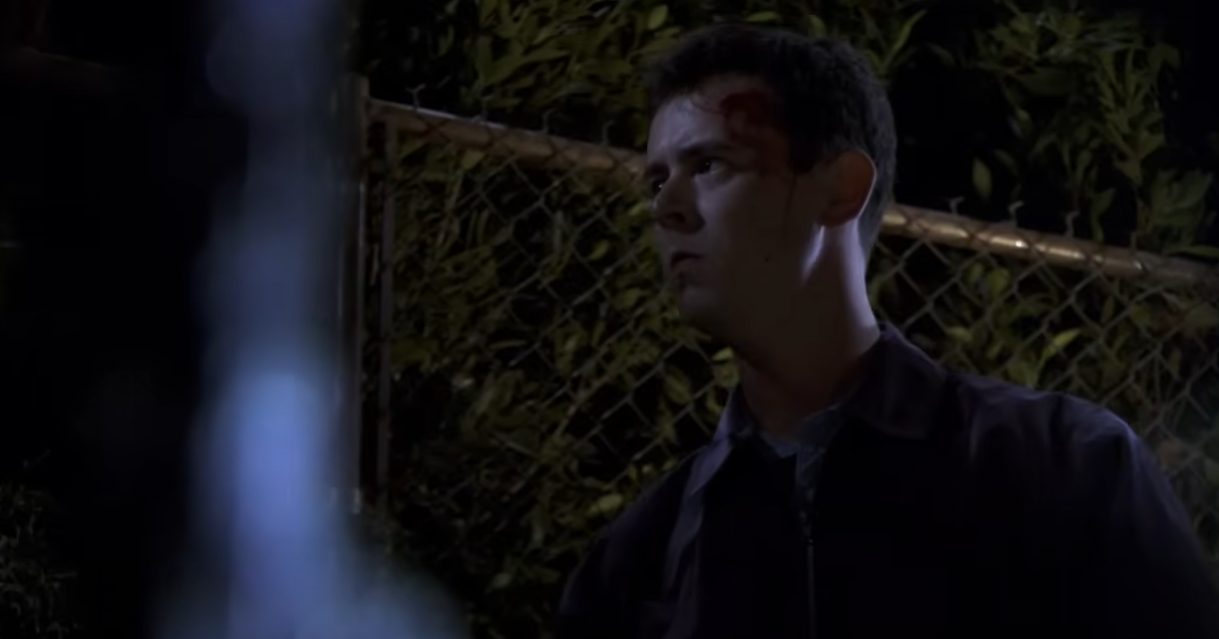
The Doomsday Killings
The murders that Travis carries out are staged to look like biblical prophecies. Each of the killings has a symbolic reference to the end times as described in the Bible’s Book of Revelation. The series of grotesque murders include:
- The Four Horsemen of the Apocalypse: A scene where four people are killed and posed as the Four Horsemen.
- The Angel of Death: A victim is dressed with wings to symbolize the Angel of Death.
- The Whore of Babylon: A victim is mutilated to represent the Whore of Babylon from the Bible.
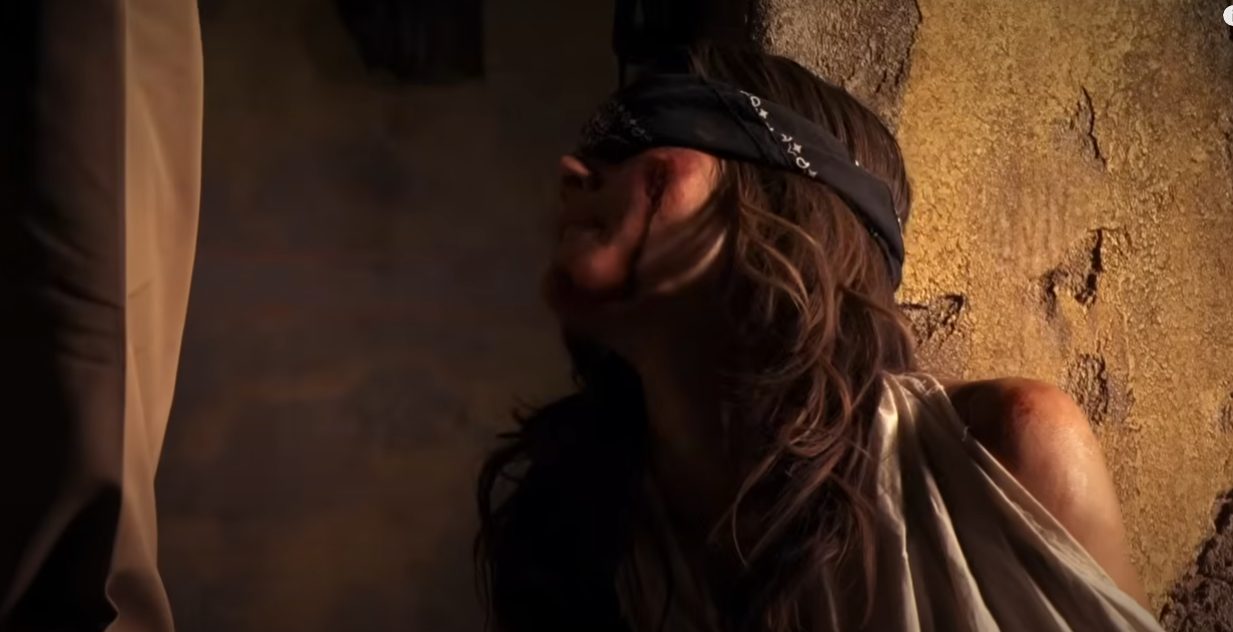
Each of these killings reflects Travis’s belief that he is enacting the will of God by preparing the world for the end of times.
Dexter’s Investigation
As always, Dexter Morgan, played by Michael C. Hall, is balancing his life as a forensic blood spatter analyst for Miami Metro Homicide with his activities as a vigilante serial killer. Dexter becomes intrigued and horrified by the Doomsday Killer’s ritualistic murders, which are staged in grotesque and symbolic ways. While Dexter initially tracks both Travis and Gellar, he eventually discovers the truth about Travis’s mental state and that Gellar has been dead for years.
Dexter’s pursuit of Travis becomes personal after the killer kidnaps Dexter’s son, Harrison, in the series’ climactic moments. This sets up a dramatic showdown between Dexter and Travis.
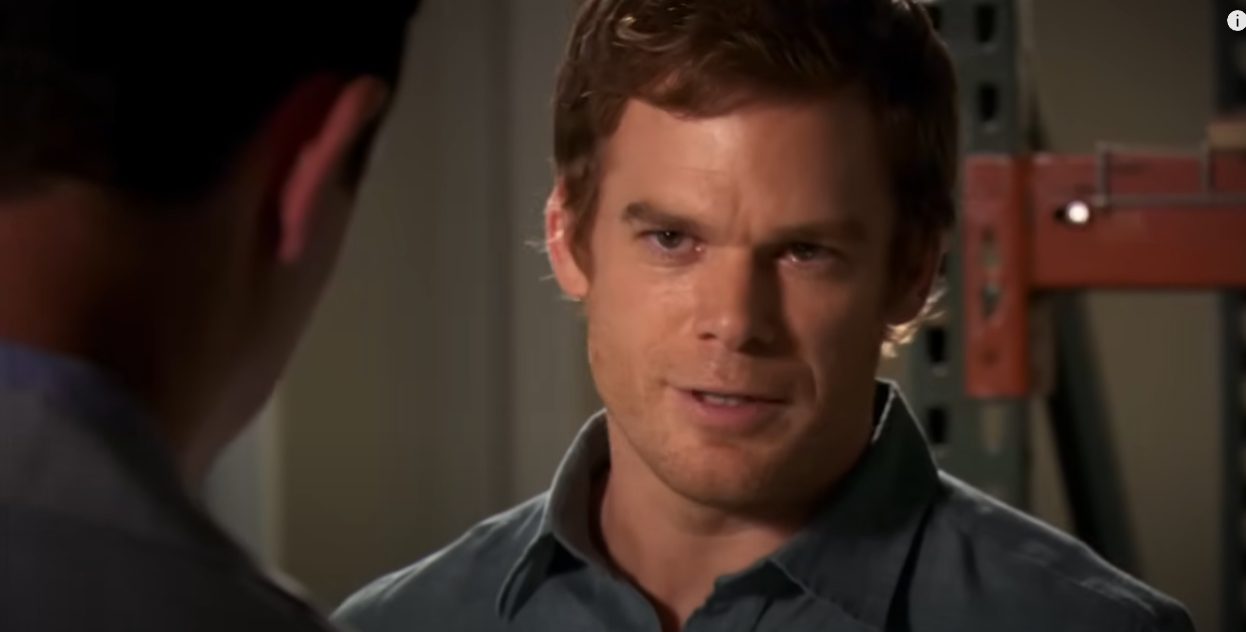
Dexter’s Moral and Personal Struggles
This season also delves into Dexter’s own internal conflicts, especially as he grapples with the themes of religion and redemption. Throughout the season, Dexter is exposed to the concepts of faith and belief, particularly through his conversations with Brother Sam, a reformed criminal turned religious man. Dexter, who operates by his own moral code—instilled in him by his father Harry—is challenged to consider whether there is a higher power or purpose behind his actions.
Travis represents a dark reflection of Dexter, as both men operate under a set of moral codes, though Travis’s is based on delusion and fanaticism. Dexter, on the other hand, begins to question whether his own “Dark Passenger” is a curse or a choice.
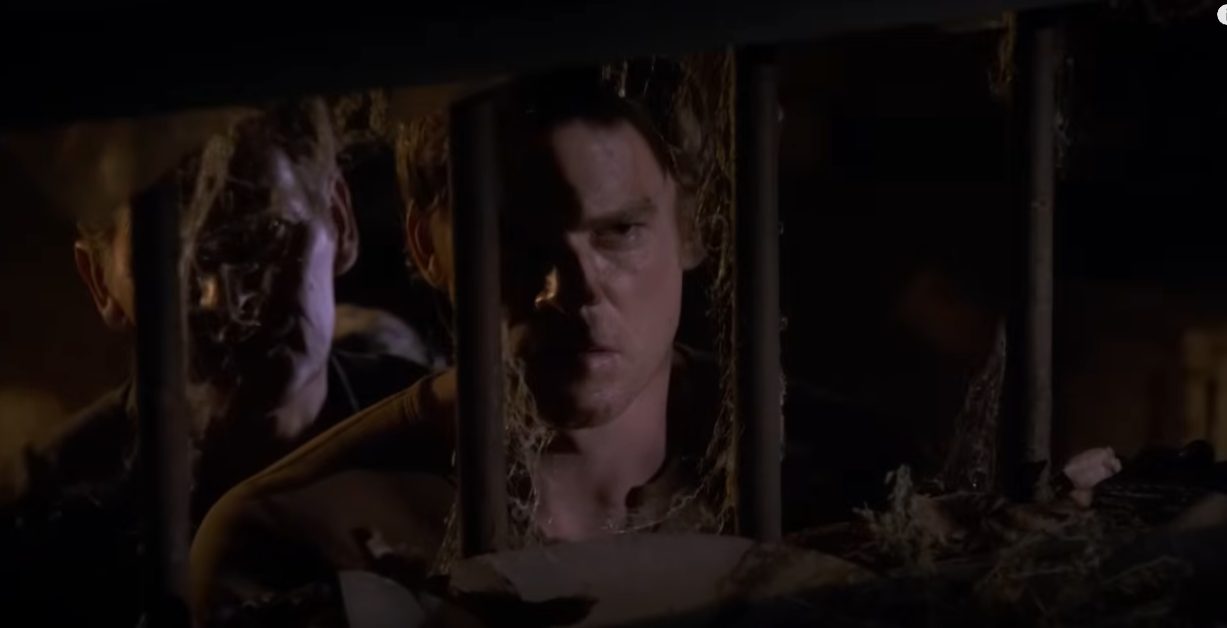
The Climactic Showdown
The climax of the season involves Dexter hunting down Travis after he kidnaps Harrison. The final confrontation takes place in a church, a setting ripe with symbolism, as Dexter faces off against Travis in an ultimate battle between his rational mind and Travis’s religious delusions.
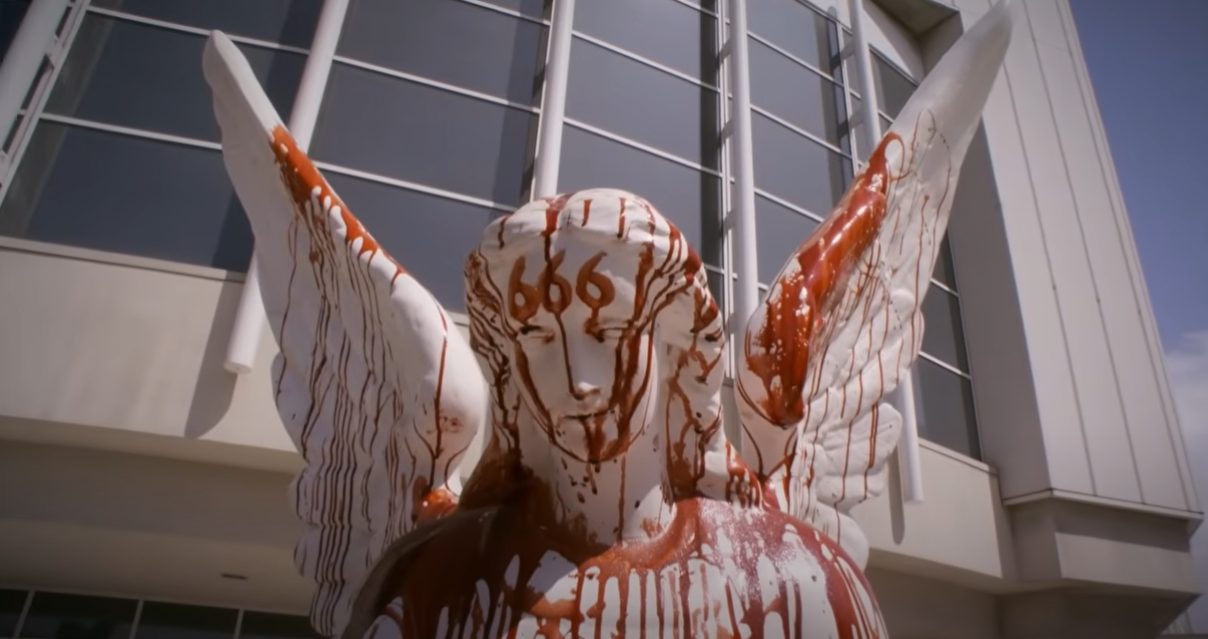
In the final moments of the season, Dexter captures Travis, brings him back to the church, and kills him on the altar, fulfilling his role as judge, jury, and executioner once again. However, Dexter’s action in this religious setting raises more questions about his own beliefs and morality.
Impact on Dexter
The Doomsday Killer arc is pivotal in Dexter’s development as a character. The entire season revolves around themes of belief, guilt, and whether redemption is possible for someone like Dexter. The idea that Travis is manipulated by a figure (Gellar) that does not exist also parallels Dexter’s own internal dialogue with his deceased father, Harry, who often “guides” him in his decisions. In this way, the season becomes a reflection of Dexter’s own psychological struggle.
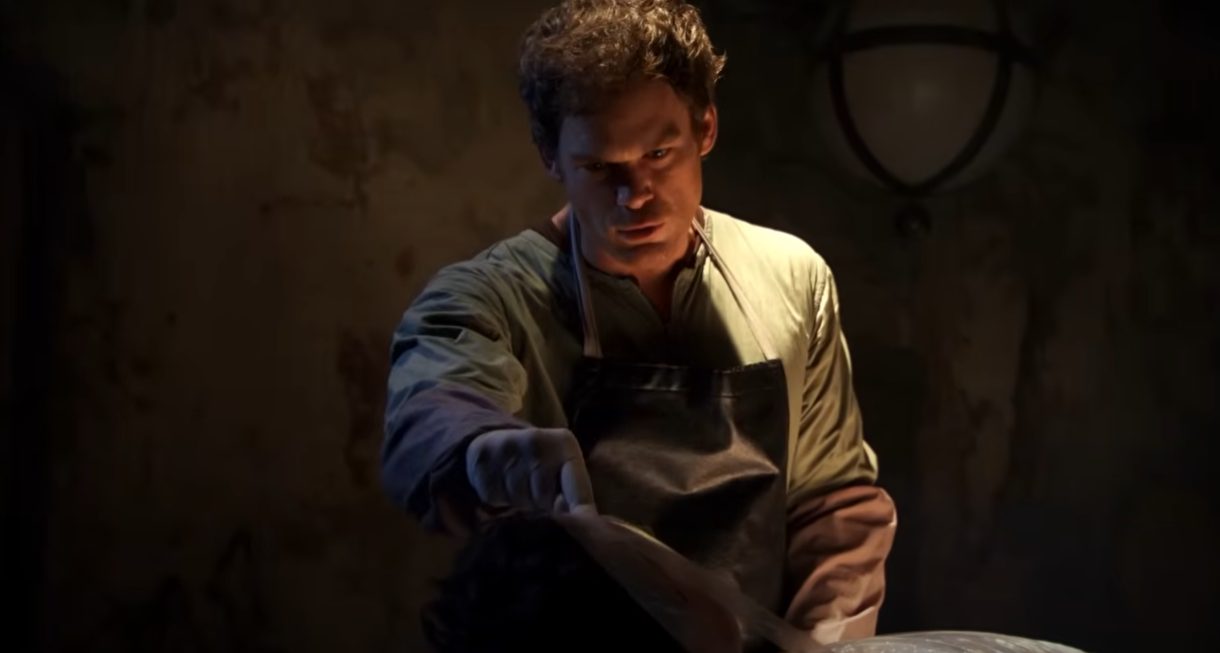
Moreover, the season ends with a game-changing moment: Debra Morgan, Dexter’s sister, discovers him in the act of killing Travis. This sets the stage for major developments in the following seasons, as Dexter can no longer hide his secret from the person closest to him.
Conclusion
The “Doomsday Killer” storyline in Dexter Season 6 is a complex narrative that intertwines themes of religious fanaticism, mental illness, and Dexter’s internal struggles with morality and belief. Travis Marshall, as the Doomsday Killer, becomes one of Dexter’s most psychologically fascinating adversaries, challenging Dexter not just in terms of the physical investigation, but also philosophically. The season raises profound questions about faith, justice, and what drives a person to kill.




